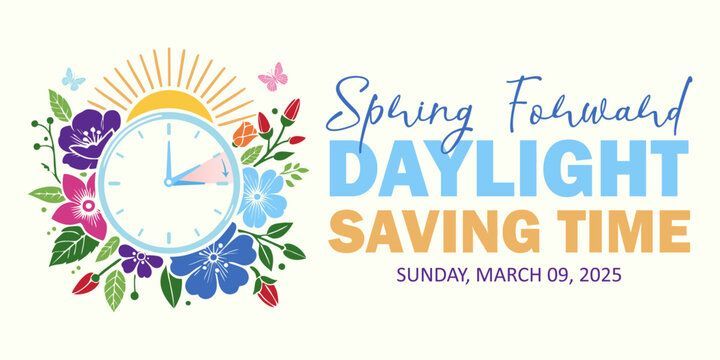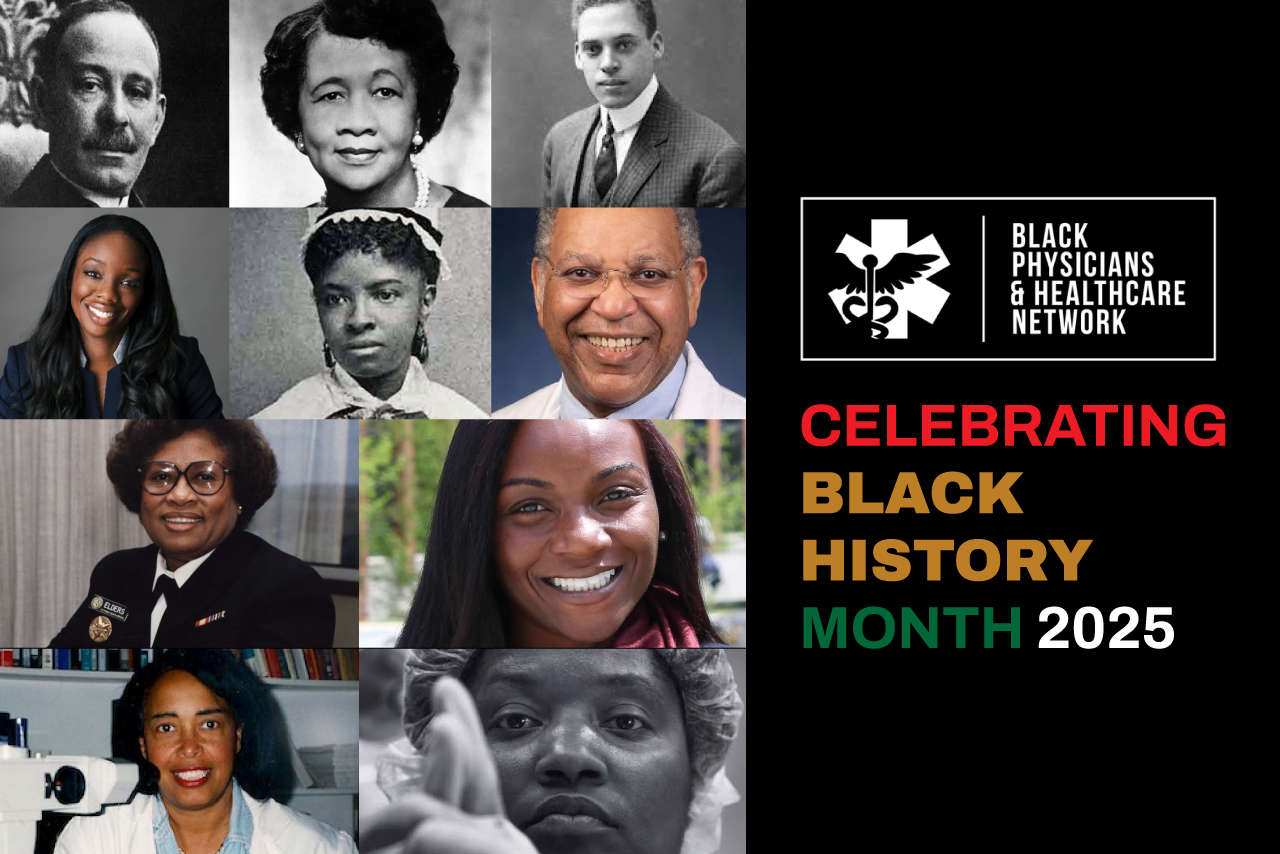Health Care Prevention is the Gold Standard
Preventive health care is the gold standard for long-term well-being. It is the most effective strategy for reducing health disparities and ensuring a higher quality of life. However, for Black Americans, seeking preventive care often requires an added level of advocacy and education. Understanding the significance of key health screenings and how to navigate them can make a critical difference in maintaining good health and detecting potential conditions early.
Sickle Cell Trait Screening
Sickle cell disease disproportionately affects Black Americans, with 1 in 13 Black individuals carrying the sickle cell trait (SCT). While having SCT does not mean a person has sickle cell disease, it is essential to know one’s status, particularly for family planning and health monitoring.
How to Navigate SCT Screening:
- Ask for testing: SCT screening is often performed at birth, but if you’re unsure of your status, request a blood test from your healthcare provider.
- Understand the results: A positive SCT result does not indicate illness but requires awareness, especially if both parents carry the trait, as their children may inherit sickle cell disease.
- Advocate for follow-up care: Individuals with SCT may have specific health considerations, such as an increased risk of complications from extreme exercise, high altitudes, or dehydration. Speak with a doctor about any necessary precautions.
Adolescent Mental Health Screening
Mental health is a crucial component of overall well-being, yet it is often under-discussed in the Black community due to stigma and systemic barriers to care. Black youth, in particular, face unique stressors, including racial discrimination, economic disparities, and cultural stigmas surrounding mental health care.
How to Navigate Mental Health Screening for Adolescents:
- Start the conversation early: Encourage open discussions about emotions and mental well-being with children and teenagers.
- Know the signs: Symptoms such as persistent sadness, anxiety, withdrawal from social activities, and changes in sleep or appetite may indicate a need for screening.
- Seek culturally competent care: Finding mental health professionals who understand the experiences of Black adolescents can lead to better support and outcomes.
- Utilize school and community resources: Many schools offer free mental health screenings and counseling services—take advantage of these resources.
Maternal and Child Health Screenings
The Black maternal mortality rate in the U.S. is disproportionately high, with Black women experiencing severe complications and higher rates of pregnancy-related deaths compared to other racial groups. Ensuring timely maternal and child health screenings can help detect potential health risks early and improve birth outcomes.
How to Navigate Maternal and Child Health Screenings:
- Prioritize prenatal care: Regular check-ups during pregnancy can help monitor conditions such as gestational diabetes, preeclampsia, and fetal development.
- Be vocal about concerns: Medical professionals often dismiss Many Black women’s health concerns. If something feels off, advocate for additional testing or second opinions.
- Screen for postpartum depression: Postpartum mental health screenings are just as important as physical check-ups. Seek mental health support if experiencing mood swings, anxiety, or depressive symptoms after childbirth.
- Monitor infant health milestones: Routine check-ups for newborns and young children help track developmental progress and detect early signs of conditions like anemia, asthma, or hearing loss.
Taking Charge of Preventive Health
- Schedule regular screenings: Stay informed about recommended screenings based on age, gender, and family history.
- Ask questions: Understand test results and treatment options to make informed decisions.
- Find trusted providers: Seek culturally competent healthcare professionals who respect and address your specific health concerns.
- Utilize community resources: Organizations like the Black Physicians & Healthcare Network provide educational resources and support for preventive care.
By prioritizing preventive health screenings and advocating for comprehensive care, one can take proactive steps toward long-term health and well-being. Prevention is the foundation of better health, and education is the key to ensuring equitable access and positive health outcomes.
Credit Anissa Durham, Health Care Prevention is the Gold Standard
https://wordinblack.com/2025/03/health-care-prevention-is-gold-standard/
















